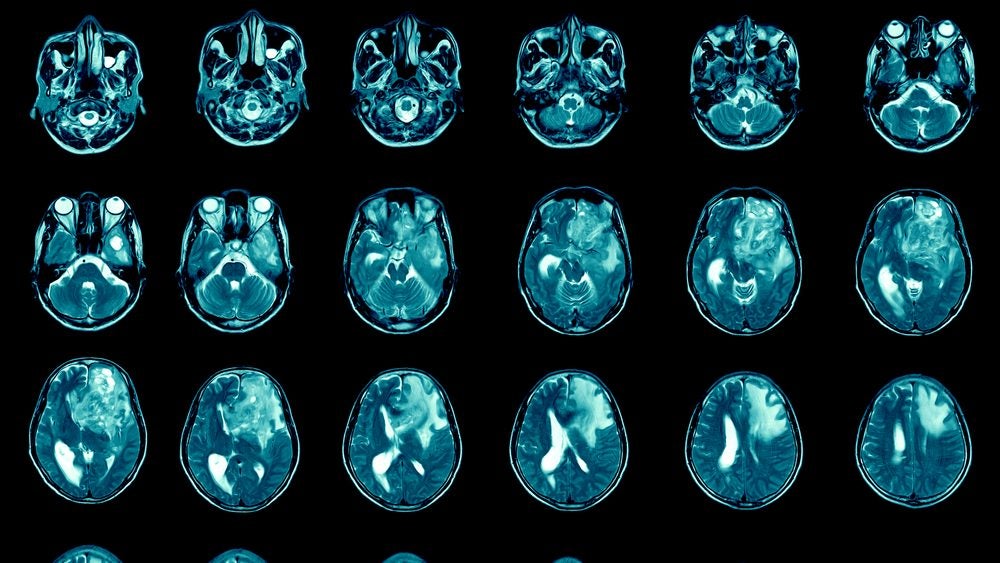
Researchers from Duke University, Massachusetts General Hospital (MGH) and the International Centre for Diarrheal Disease Research in Dhaka, Bangladesh, have developed machine learning algorithms to identify people at the greatest risk of contracting cholera.
The paper, ‘Human gut microbiota predicts susceptibility to vibrio cholera infection’, published in the Journal of Infectious Diseases, describes how the team collected rectal swabs from the residents of Dhaka who lived in the same households as individuals hospitalised with cholera. Of the 76 households studied, around a third later developed cholera, data which was used to form the basis of the software.
The team trained the machine to scan results from 4,000 bacteria taxa in each of the samples collected, and found 100 microbes that shared a common susceptibility to cholera.
“Our study found that this ‘predictive microbiota’ is as good at predicting who gets ill with cholera as the clinical risk factors that we’ve known about for decades,” said senior author of the study and assistant professor of medicine at Harvard Medical School Regina C. LaRocque, also of the MGH Division of Infectious Diseases. “We’ve essentially identified a whole new component of cholera risk that we did not know about before.”
The model could predict susceptibility to cholera more accurately than previous models designed by infectious disease experts, and was able to suggest hypotheses that could explain why the patterns identified by the software are associated with cholera. The researchers tested a bacterial species identified by the model and found that it promoted the growth of cholera in test tubes, suggesting that the composition of gut microbiota could create an environment that is more or less tolerable to pathogens.
“Normally, you have to eyeball the data, studying one bacterial species at a time in hopes of finding a signal that is associated with infection,” said lead author of the study and a graduate student at the Duke School of Medicine Firas S. Midani. “Machines have the ability to look at a hundred species at a time, and amalgamate them into one signal.”
How well do you really know your competitors?
Access the most comprehensive Company Profiles on the market, powered by GlobalData. Save hours of research. Gain competitive edge.

Thank you!
Your download email will arrive shortly
Not ready to buy yet? Download a free sample
We are confident about the unique quality of our Company Profiles. However, we want you to make the most beneficial decision for your business, so we offer a free sample that you can download by submitting the below form
By GlobalDataThere were 132,121 cases of cholera reported in 2016, leading to 2,420 deaths across 38 countries; and around one billion people around the world are at risk of contracting the disease.




